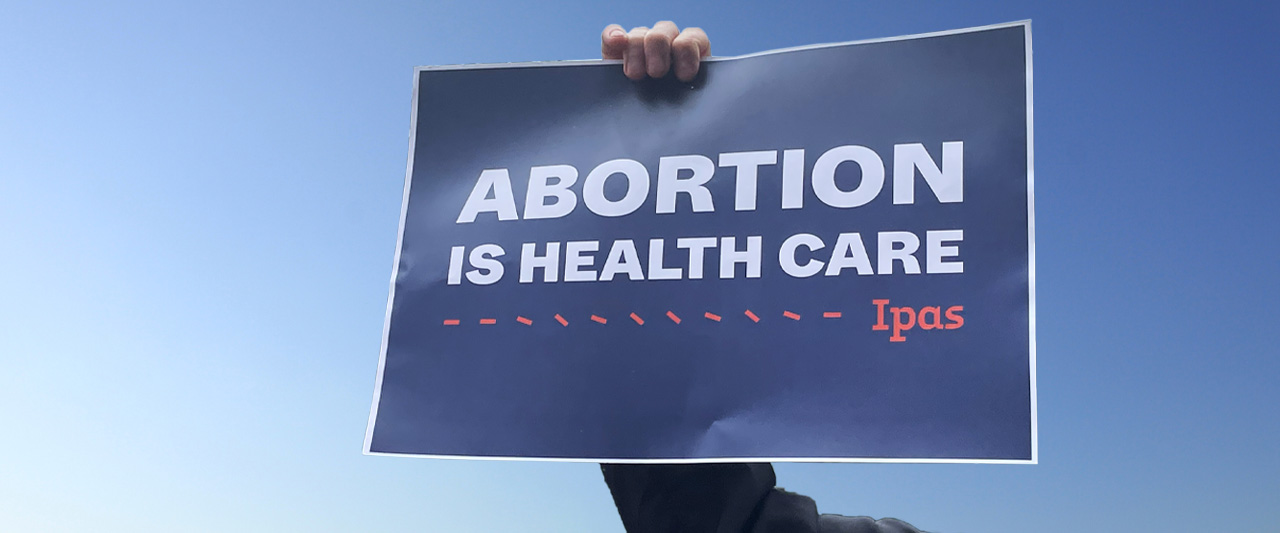Around the world, countries are expanding abortion rights and access. Since 2000, 37 countries have liberalized abortion laws. Sadly, the United States is poised to go backward.
If the U.S. Supreme Court overturns Roe v. Wade, the ruling that established a constitutional right to abortion almost 50 years ago, it will not only cause grave harm in the United States. This radical, rights-denying decision will also have a damaging impact globally—including in many countries where Ipas works.
Advocates in other settings have long fought to achieve the legally protected right to abortion that Roe v. Wade established in the U.S. Now, Ipas leaders across Africa, Asia and Latin America share how they foresee the end of Roe impacting abortion rights and access in their countries and globally. They identify three areas for concern:
- Increased abortion stigma and the harm it causes to abortion providers and people seeking care
- Emboldened anti-rights movements that will use the U.S. decision to justify their anti-abortion efforts
- Fear that American philanthropy will focus only on the United States, and not the global need for abortion access
But despite these challenges, Ipas’s work will not stop—and our mission is more important than ever.
“The impending decision by the U.S. Supreme Court to overturn Roe v. Wade is a call to action for Ipas and like-minded organizations to not slow our efforts to expand abortion access,” says Dr. Angela Akol, Ipas Africa Alliance director. “We appreciate all the organizations who have stood with us in the past and reiterate continued support and renewed energy to ensure that abortion rights are protected—even in the face of this grave setback.”
“Repealing Roe v. Wade will strengthen and empower anti-choice groups in Latin America, causing greater stigmatization and criminalization of the right to abortion. It will also likely obstruct progress on expanding other rights such as protection from sexual violence and LGBTQI rights.”
Malena Morales, Ipas Bolivia director
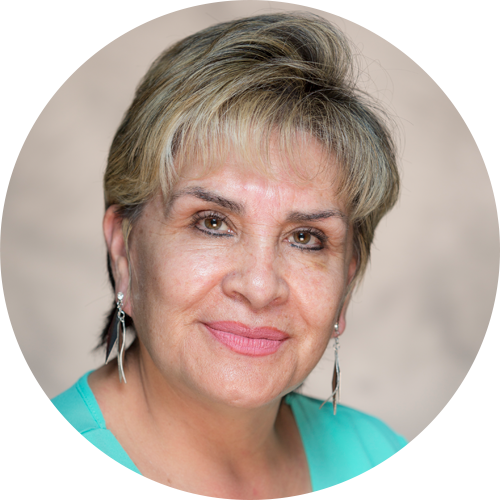

“Unsafe abortion is a serious public health issue in Pakistan. It will be disastrous if the U.S. Supreme Court overturns Roe v. Wade, as it may cause us to lose the hard-fought progress we’ve made to expand access to safe abortion care here. Any effort that impedes abortion access is a serious violation of human rights.”
Ghulam Shabbir Awan, Ipas Pakistan director
“Overturning Roe will have implications for Mozambique because the U.S. is the largest donor in our health sector. Looking at the harmful impact the Global Gag Rule had, there is no way we cannot expect some change in the positioning of U.S. agencies and their projects in Mozambique.”
Jorge Matine, Ipas Mozambique director
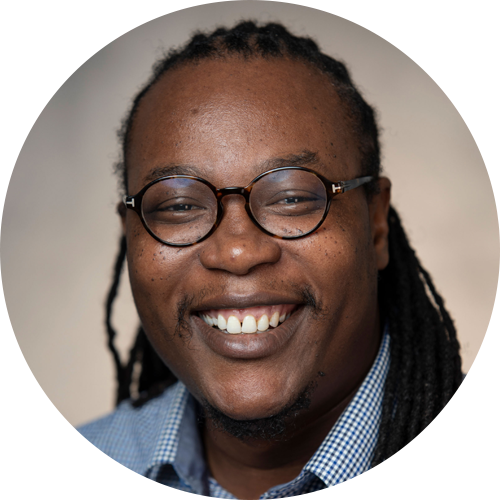
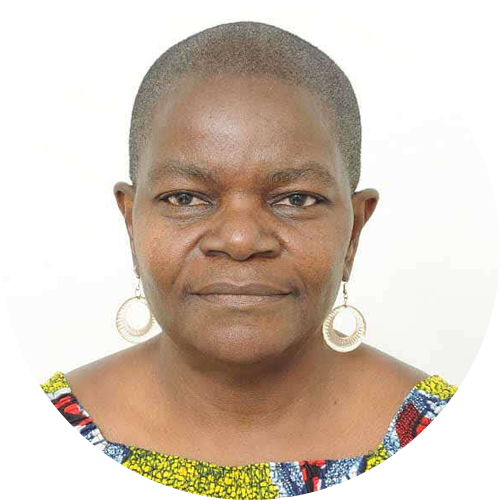
“Two of the three countries in our Southern Africa region—South Africa and Zambia—have liberal abortion laws. Despite this, abortion access is limited in both countries. And in Malawi, we’ve been working hard to make abortion legal but access is still restricted. If the Supreme Court ends the constitutional right to abortion in the U.S., it will inspire increased efforts in our region by opposition groups, as they will use this ruling to justify speaking out against legal abortion.”
Petronella Ntambo Sebele, Africa Southern Region director
“The possibility of overturning Roe v. Wade in the U.S. puts a spotlight on abortion, giving anti-choice groups the opportunity to amplify their voice against abortion access in India. We recently amended the abortion law in India and, while it is still not perfect, it’s progress. This would be a terrible time for India to have a public debate about abortion triggered by developments in the U.S.”
Vinoj Manning, Ipas Development Foundation chief executive officer (India)


“U.S. policies greatly influence the policies of other countries, including the Democratic Republic of Congo (DRC). An abortion ban in the U.S. may be used by opposition and anti-choice groups to support their work here. And in US-funded health programs in the DRC, abortion stigma will surely increase, discouraging providers from offering abortion care and driving pregnant people to clandestine, unsafe methods.”
Jean-Claude Mulunda, Ipas Democratic Republic of Congo director
“In the last five years, we’ve seen more than 20 countries around the world either change their laws to expand abortion access or work actively toward that goal. The U.S. decision to overturn Roe v. Wade is likely to slow that progress. Naturally, the opposition is going to be emboldened by this U.S. decision and use it as fuel for their anti-abortion efforts—here in Kenya and in many other countries. Plus, health workers who have been trained and are open to providing abortion care may suffer an attitudinal change.”
Dr. Angela Akol, Ipas Africa Alliance director
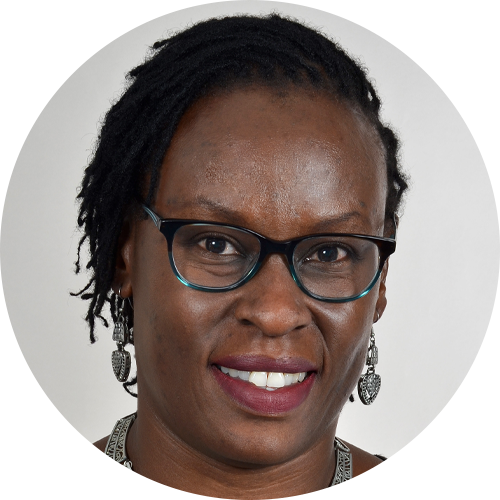
“Ethiopia has made significant strides in expanding abortion access since the abortion law reform in 2005. Now we’re concerned that if the constitutional right to abortion in the U.S. is overturned, there will be a “chilling effect” with serious negative impacts on the efforts of abortion rights advocates and service providers in Ethiopia. Overturning Roe will encourage anti-choice groups here and give them a justification for their efforts to reverse the abortion law.”
Demeke Desta, Ipas Ethiopia director
The U.S. is out of step
“Since the mid-1990s, over 40 countries have liberalized their abortion laws and the United States is amongst a handful of countries that have gone backwards,” Ipas President and CEO Anu Kumar told ABC News Live.
The harmful impact of abortion bans
Ipas has long worked in places where abortion is banned or severely restricted, and we’ve seen firsthand the devastating impact this has on people in need of abortion care, plus their families, health providers and communities. When abortion is made a crime, women and pregnant people are terrified and confused about the law, and care is driven underground. Providers are denounced by their colleagues and patients and may stop providing services.
Learn more about the crucial importance of making abortion legal. We also have a wealth of resources for advocates and decisionmakers working to expand abortion rights.


